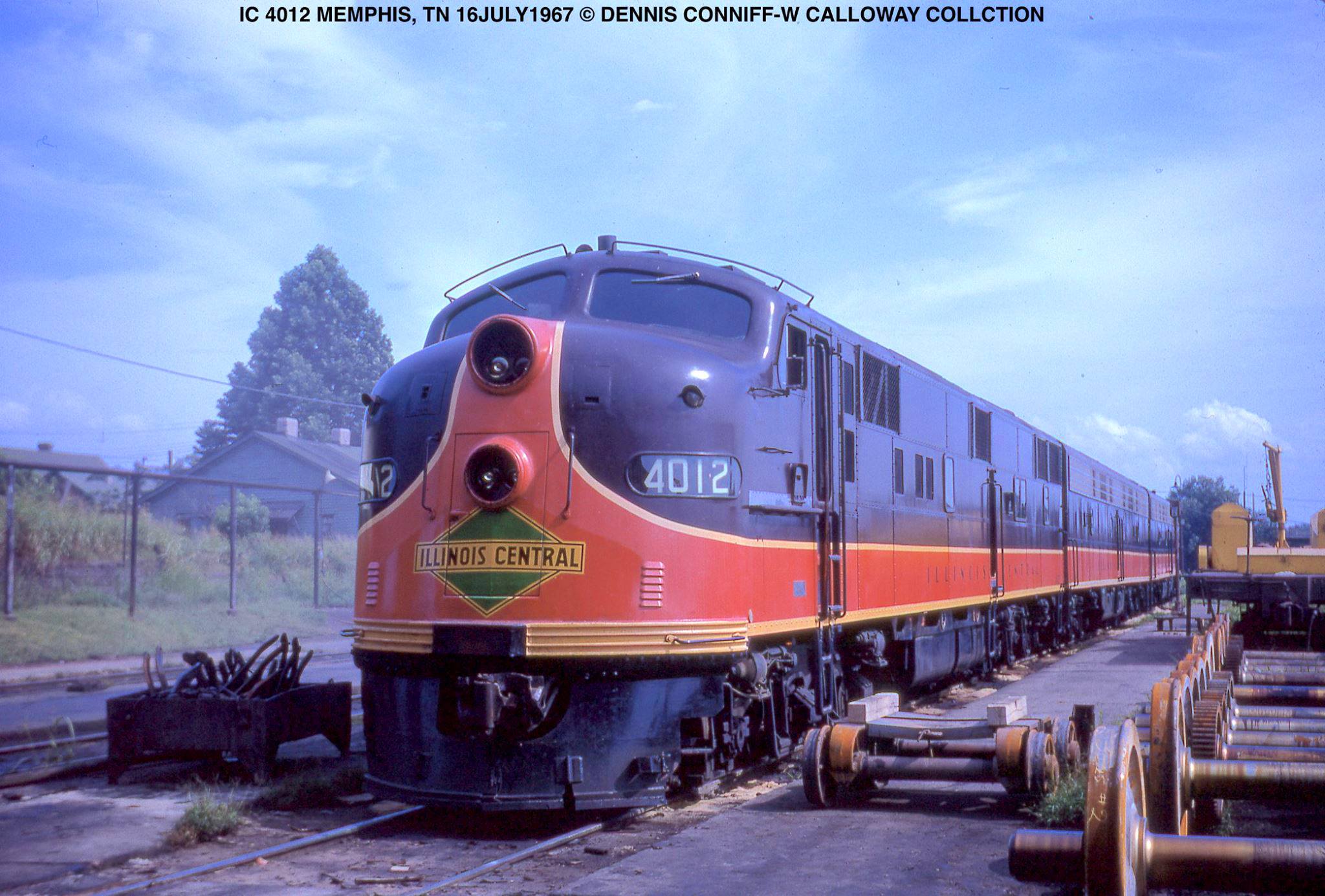

Due to the ever-increasing traffic demands, the transportation domain in large is pressured to increase the capacity and handle a greater number of transportations while maintaining high levels of safety and efficiency. It is, however, a highly dynamic domain with a plenitude of research challenges yet to be investigated. Research relating to aspects of human factors in the railway domain is a relatively understudied area of inquiry, especially if compared to aviation and road traffic. The implications for future railway research are briefly discussed. The analysis reveals a pattern of collaboration and coordination of actions among the workers and we introduce the concept of enacted actionable practices as a key concern for understanding how a successfully executed railway traffic emerges as a property of the socio-technical system. The theoretical framework of distributed cognition (DCog) is used as a conceptual and analytical tool to make sense of the complex railway domain and the best practices as they are developed and performed “in the wild”.
#Us central railroad train traffic control drivers
This paper presents a study inspired by cognitive ethnography with the aim to characterise the coordinating activities that are conducted by train traffic controllers and train drivers in the work practices of the socio-technical system of Swedish railway. In operational railway traffic, the successful planning and execution of the traffic are the product of the socio-technical system comprised by both train drivers and traffic controllers. Although there has long been a call for a holistic systems perspective to better understand real work in the complex domain of railway traffic, prior research has not strongly emphasised the socio-technical perspective.


 0 kommentar(er)
0 kommentar(er)
